Get started with Mizzou
Apply hereMaster of science
Get ready to drive innovation. As a computer science professional, you see firsthand the applications and expansive possibilities of software, hardware, data analytics, artificial intelligence and machine learning. The online master of science in computer science from the University of Missouri (Mizzou) provides a flexible, virtual environment for exploring these technologies in greater detail. Develop a specialization to advance your career and impact your industry on a broader scale.
This customizable program builds on the foundation of your undergraduate education, and lets you direct your path forward. Focus on research that shapes the field through new ideas or applications. Or, refine your knowledge to lead teams with the implementation of artificial intelligence, business analytics and other emerging technologies. Select from two formats: a non-thesis program requiring an independent project or or a thesis option conducting your own research toward the eventual pursuit of a doctoral degree.
Why earn an online master’s in computer science from Mizzou?
As a computer science or information technology professional, your career is constantly evolving. You acquire new languages, observe and implement new capabilities, and assess the merits of hardware, software or network security strategies for your organization.
In thinking about what’s next, the online master’s in computer science points toward your answer. Identify your journey through a program accommodating multiple goals — advancing in your field, specializing your skills or pursuing research.
Mizzou’s Department of Electrical Engineering and Computer Science goes forth with a similar mission. Here, curiosity and interdisciplinary collaboration fuel innovation. Students explore existing and emerging technologies in hands-on environments and take part in research. Collectively, the department highlights computer science as a vital problem-solving tool for society and a critical component in innovation.
Pursue your personal and professional goals. With the online master’s in computer science:
- Expand your foundational knowledge to stand out in your field and keep pace in a rapidly evolving industry
- Learn from professionals like yourself — engineers, scientists and scholars — at a Tier 1 research university
- Develop a specialty in cybersecurity, data analysis, cloud computing, artificial intelligence, computational biology, human-computer interaction or cyber-physical systems
- Work one-on-one with faculty mentors on your independent project or thesis
- See where computer science influences other disciplines and industries
- Grow your authority to lead the development and implementation of new technologies
Quick facts
Official name
Master of Science in Computer ScienceCampus
Program type
Master's degreeAcademic home
College of Engineering | Department of Electrical Engineering and Computer ScienceDelivery mode
100% onlineAccreditation
Higher learning commissionCredit hours
30Estimated cost
$21,498.00*This cost is for illustrative purposes only. Your hours and costs will differ, depending on your transfer hours, your course choices and your academic progress. See more about tuition and financial aid.
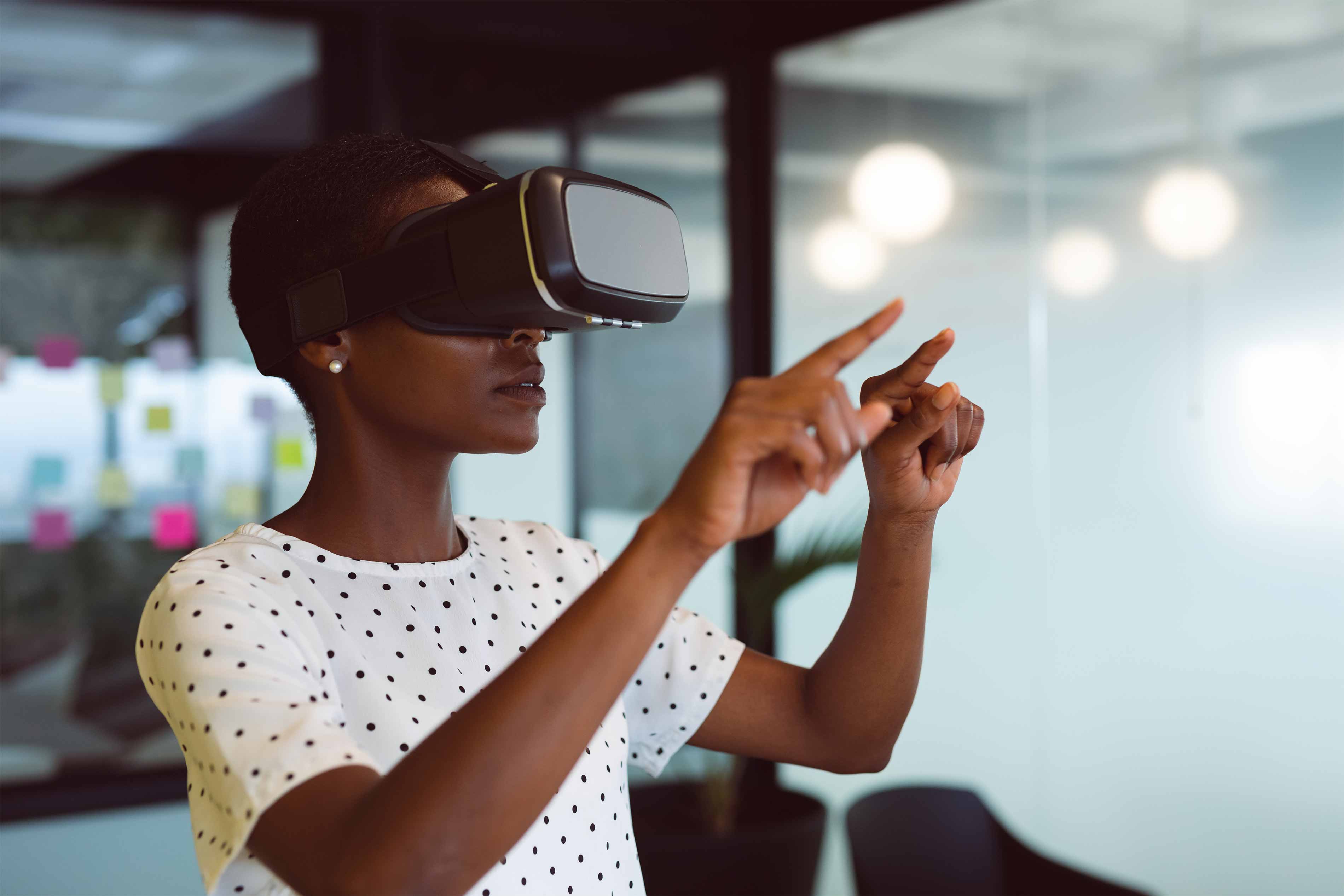
Career prospects
Foster innovation in your field, move into leadership or pivot to research. With the Bureau of Labor Statistics predicting above-average growth across computer and information technology occupations through 2032, the online master’s in computer science positions you for advanced roles in computing, computer architecture or engineering. The degree further creates a stepping stone toward a career in research or academia.
Potential job titles include:
- Data scientist
- Information security analyst
- Machine learning engineer
- Software engineer/developer
- System architect
Program structure
The department designs the master’s in computer science as a 30-credit-hour program and holds courses on campus and online on a semester schedule.
As a working professional, complete your degree entirely online or through a hybrid structure.
All candidates choose classes based on their goals and specialization. Those in the non-thesis track complete an independent project requiring department approval. Thesis candidates dedicate part of their credits toward original research while collaborating with a faculty adviser.
The typical online student finishes the program in about three years.
Coursework includes
Based on your specialization, explore topics in:
- 3D computer vision
- Advanced natural language processing
- Artificial intelligence
- Computational genomics
- Computational methods in bioinformatics
- Computational neuroscience
- Design and analysis of algorithms
- Software security
- Unsupervised learning
Review all requirements for the online master’s in computer science.
Delivery
100% onlineCalendar system
Semester-basedTypical program length
3 yearsTypical course load
1-2 courses per semesterAccreditation
The University of Missouri is accredited by the Higher Learning Commission, one of six regional institutional accreditors in the United States.
Faculty spotlight
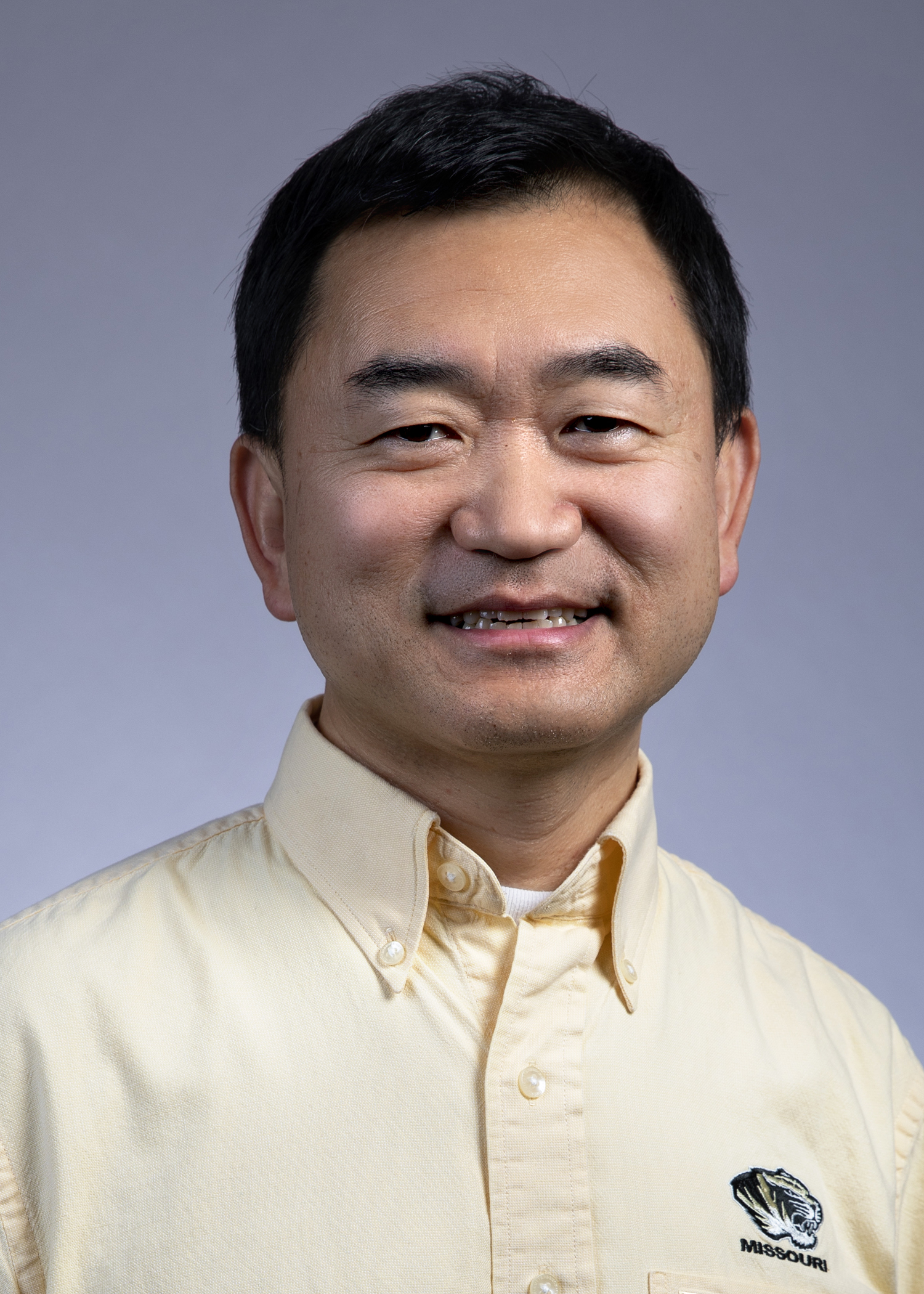
Yi Shang earned his doctorate from the University of Illinois at Urbana-Champaign. His areas of technical focus are artificial intelligence, bioinformatics, and mobile and distributed computing. He has published over 200 refereed papers in his specialty areas, received six U.S. patents, and co-founded a company, TigerAware. He has been recognized among the World’s Top 2% Scientists.
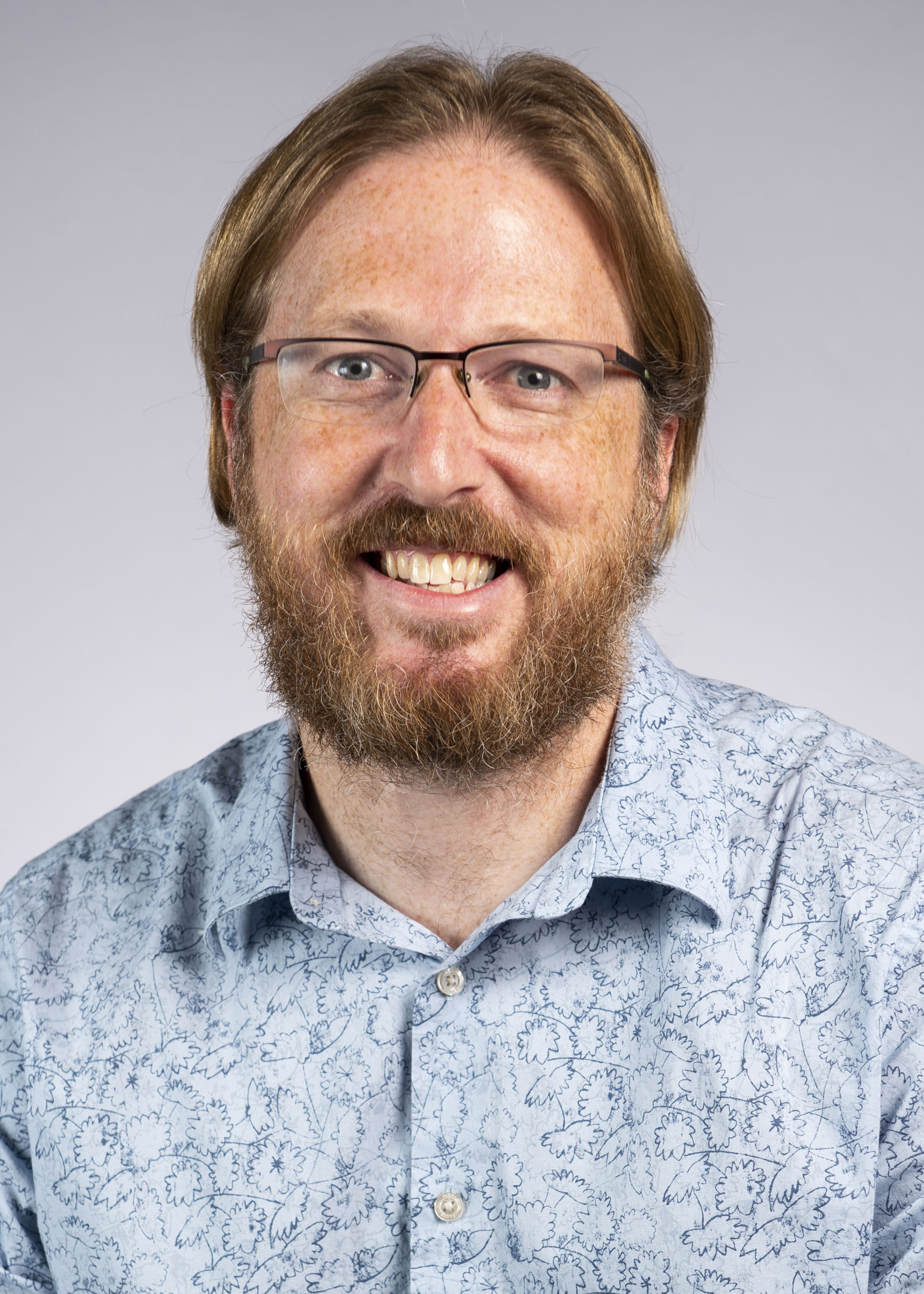
Derek Anderson earned his doctorate from the University of Missouri-Columbia. He is a core faculty member in the MU Institute for Data Science & Informatics. His areas of focus are information fusion and computational intelligence, machine learning, artificial intelligence in the context of signal/image processing, and computer vision for remote sensing. He has published more than 190 articles, book chapters and conference proceedings.
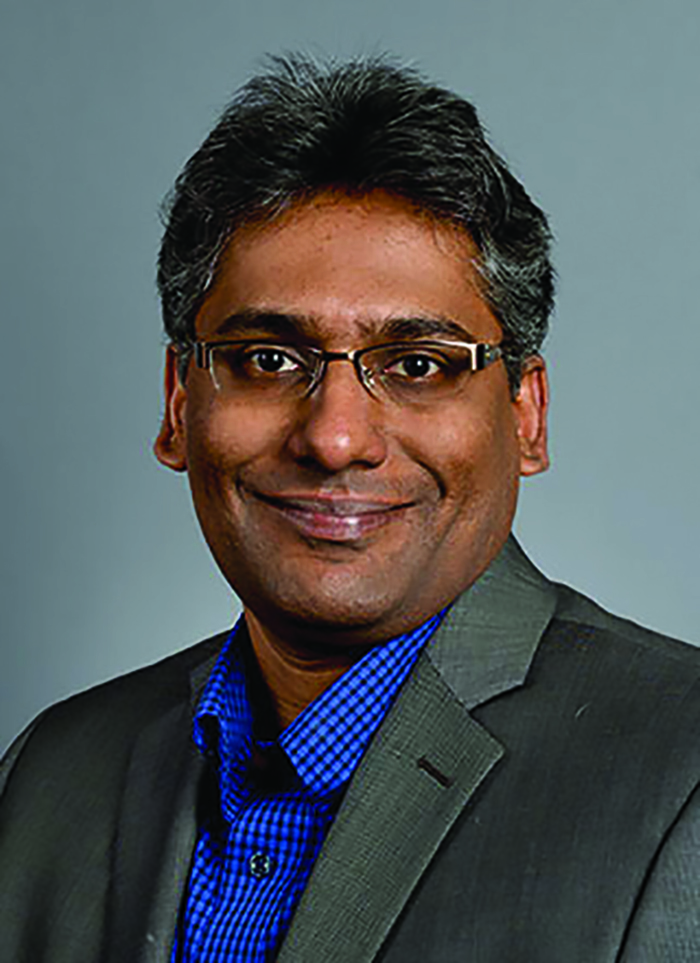
Prasad Calyam earned his doctorate from Ohio State University. He is a core faculty member in the MU Institute for Data Science & Informatics. He directs a research group in the Virtualization, Multimedia and Networking (VIMAN) Lab. His research and areas of interest include cloud computing, cybersecurity and computer networking. He has published more than 185 papers in various conferences and journal venues.
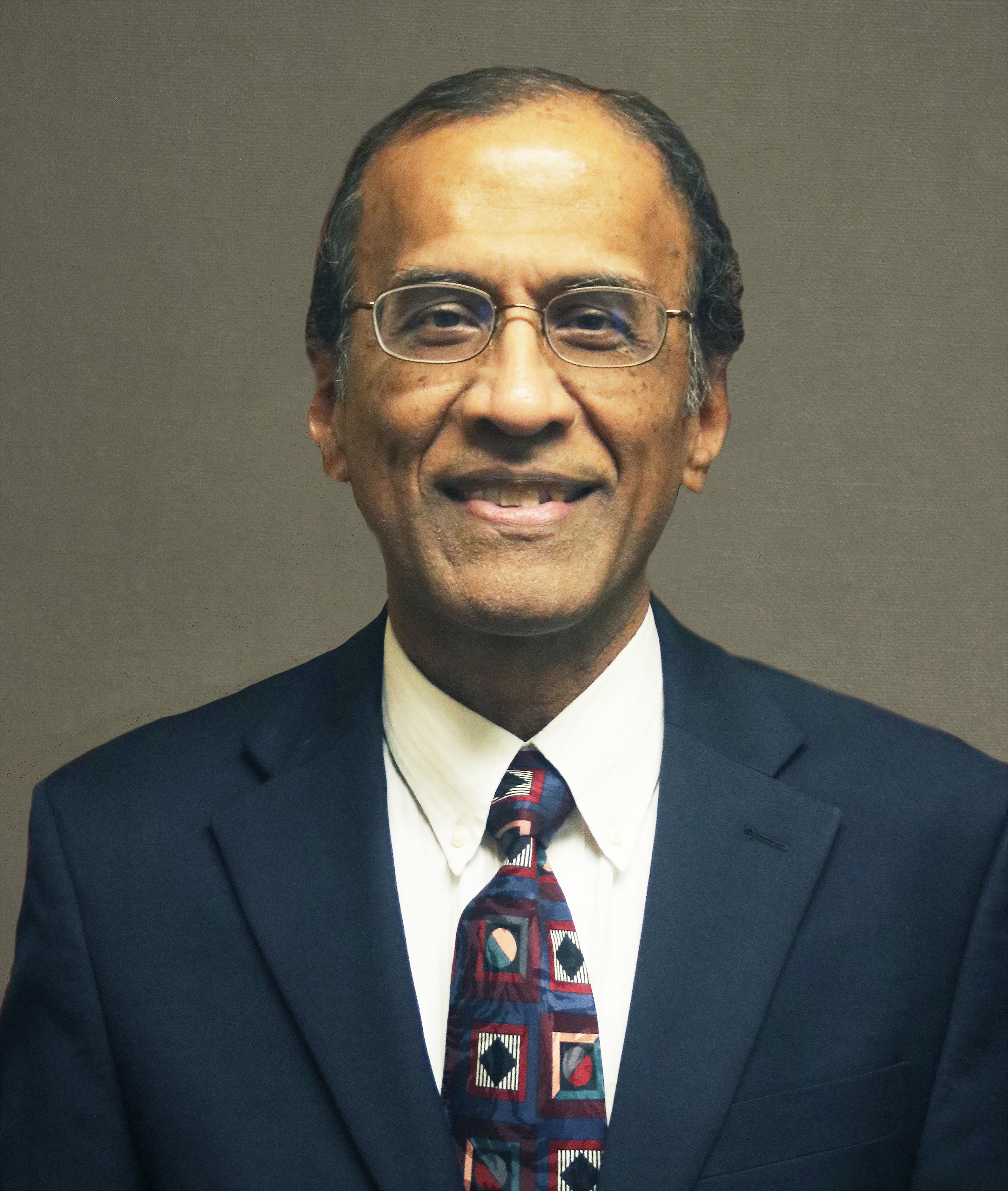
Kannappan Palaniappan earned his doctorate from the University of Illinois, Urbana-Champaign. His current areas of interest in the areas of computer vision, high-performance computing, data science and biomedical image analysis range in orders of scale from subcellular microscopy at the molecular level to aerial and satellite remote sensing imaging at the macroscopic level. He has won numerous awards and honors including the National Academies Jefferson Science Fellowship, the NASA Public Service Medal and Mizzou’s William T. Kemper Fellowship for Teaching Excellence.
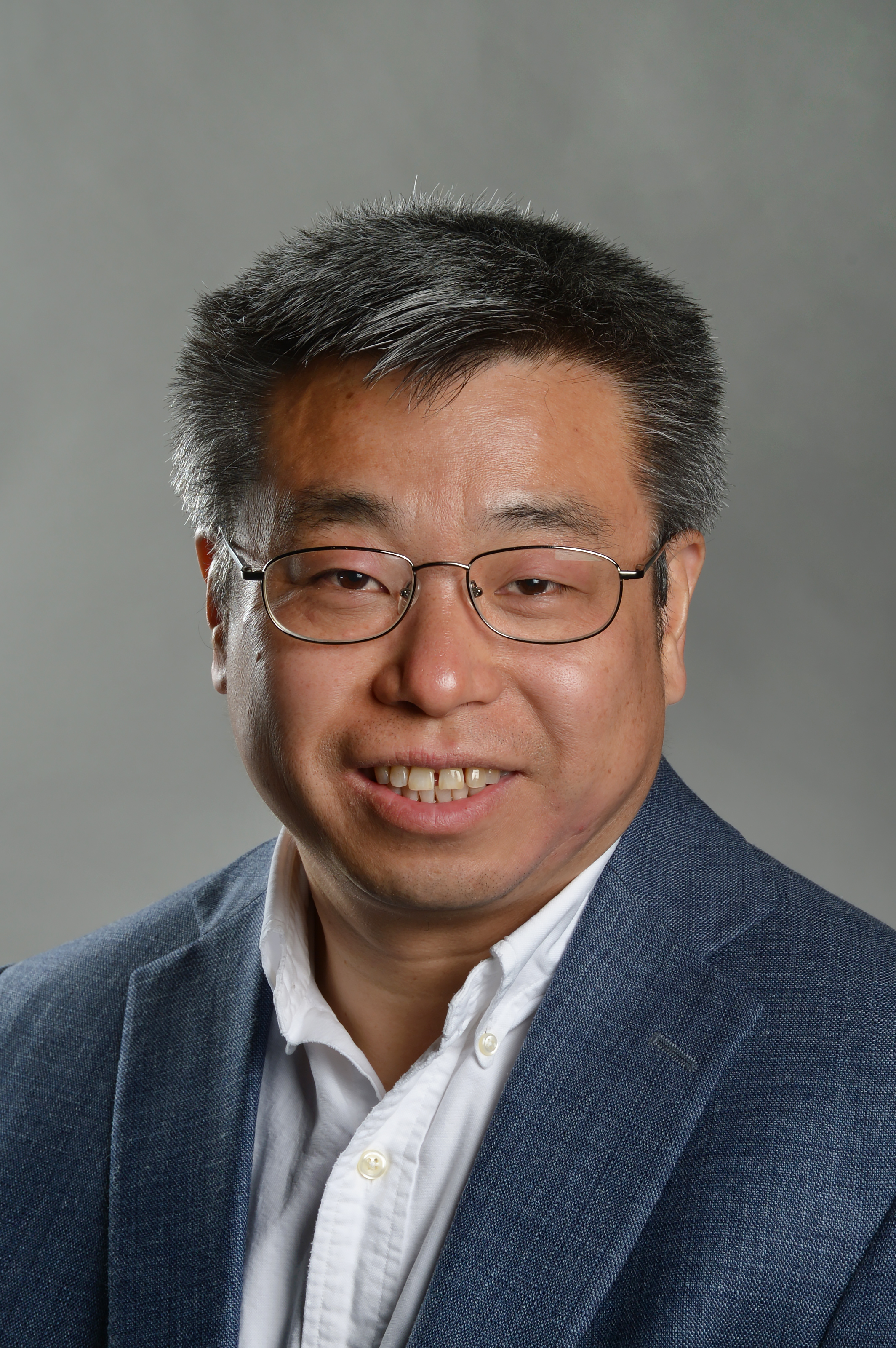
Dong Xu earned his doctorate from the University of Illinois, Urbana-Champaign. Since 2012, his research has focused on the interface between bioinformatics and deep learning. His more than 400 publications and 21,000 citations have earned him an H-index of 73, according to Google Scholar. He has been elected to the rank of American Association for the Advancement of Science (AAAS) Fellow and American Institute for Medical and Biological Engineering (AIMBE) Fellow.
